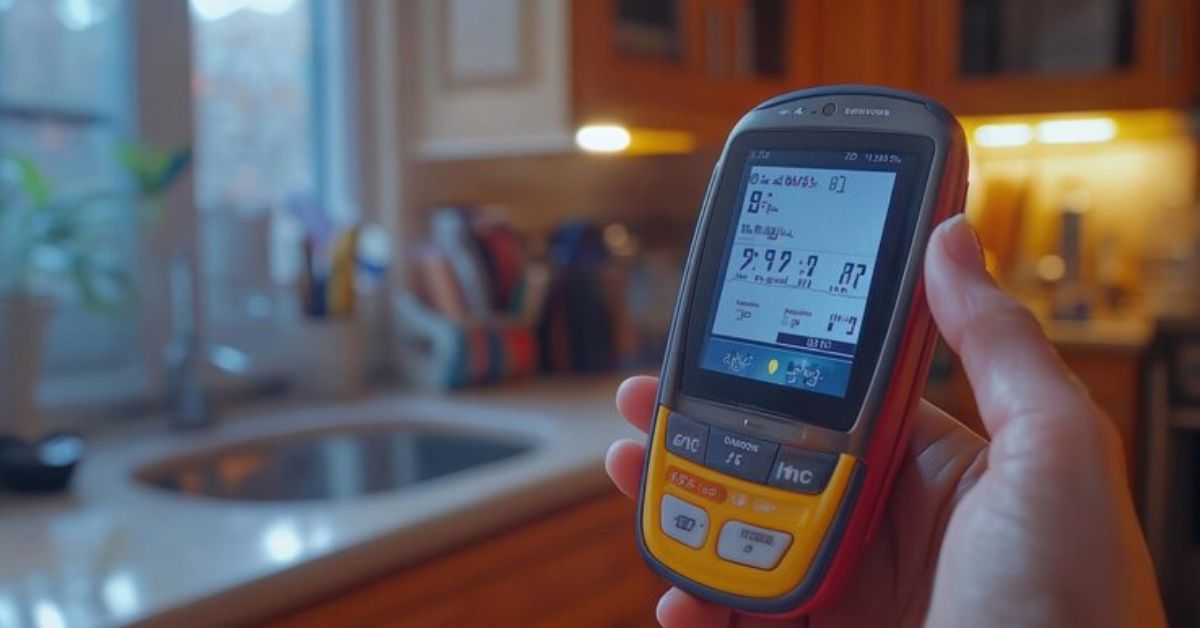You could be a DIY enthusiast tackling home electrical projects or a professional working in industrial settings; whatever it is that you’re doing, a reliable voltmeter is an essential tool in your arsenal. These devices do more than just measure voltage, and they also help guarantee safety, efficiency, and accuracy in electrical work. As we continue to move toward more energy-efficient homes and businesses, knowing electrical consumption is becoming more important.
- Accuracy and display clarity
The main purpose of any voltmeter is to give you accurate readings. For home energy monitoring or industrial applications where precision is absolutely critical, look for devices with high resolution and low margins of error. The National Institute of Standards and Technology states that even small variations in the accuracy can have an impact on energy efficiency assessments. When tracking the efficiency of solar installations or monitoring smart home power consumption, you should invest in high-precision digital voltmeters with multi-digit resolution and anti-glare displays to help you identify even minor power fluctuations.
- Safety ratings and build quality
Safety should never be compromised when working with electricity. Digital voltmeters come with different CAT (category) ratings that show the environments in which they’re safe to use. For residential applications, CAT II ratings are usually sufficient, while industrial settings often need CAT III or CAT IV ratings. According to the Occupational Safety and Health Administration, improper use of electrical testing equipment leads to many workplace injuries.
- Range of functions
Modern voltmeters include multiple measurement capabilities besides the basic voltage readings. When monitoring whole-home electrical systems or analyzing the efficiency of renewable energy setups, professionals often use digital voltmeters that can measure AC/DC voltage, resistance, and frequency to provide comprehensive power quality assessments.
- Portability and ease of use
For both home and field use, consider the device’s form factor and usability features. Auto-ranging capabilities eliminate the need to manually pick measurement ranges, lowering the risk of errors when conducting quick tests across various electrical systems. Energy auditors and sustainability consultants who move between multiple locations typically prefer lightweight, compact voltmeters with extended battery life and data logging features to track power consumption patterns over time without the need for constant supervision or battery changes.
When you pick a digital voltmeter with the right combination of features for your specific needs, you can improve both the safety and efficiency of your electrical projects while potentially lowering energy consumption and associated costs.







